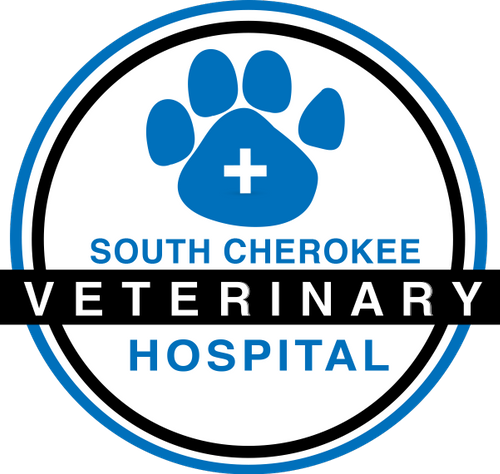Safeguarding Your Home: Identifying and Preventing Household Hazards for Pets
As devoted pet guardians, we prioritize safeguarding our cherished furry companions from harm. However, amidst our diligence, commonplace household items can pose significant health hazards to our beloved animals. Our pets’ innate curiosity sometimes leads them into perilous situations, particularly when encountering potentially toxic substances. This blog aims to unveil prevalent toxins pets might encounter and equip you with the knowledge to avert inadvertent poisonings.
Human Medications: Among the primary causes of pet poisoning is the ingestion of human medications. Pets, notably dogs, may inadvertently chew on pill bottles or ingest pills dropped on floors. Painkillers, antidepressants, and blood pressure medications pose substantial risks. Always store medications out of reach, and never administer any medicine to your pet without consulting a veterinarian.
Toxic Foods: Several foods deemed safe for humans can prove perilous for pets. Chocolate, grapes, raisins, onions, garlic, and xylitol (a sugar-free sweetener) can induce severe health complications in animals. Safeguard these foods in secure storage away from curious noses, and refrain from feeding them to your pets.
Household Cleaners: Cleaning agents frequently contain chemicals harmful to pets. Ingestion or inhalation of these substances can trigger gastrointestinal distress, respiratory issues, and more. Exercise caution when using such products and store them securely. Explore pet-friendly cleaning alternatives as a safer option.
Rodenticides and Insecticides: Poisons designed for rodents and insects can be equally lethal to our pets. Exposure to these toxins may manifest severe symptoms and even fatalities. Handle these products with the utmost care and consider pet-friendly pest control alternatives.
Plants: Numerous common house and garden plants harbor toxicity to pets. Lilies, sago palms, and azaleas exemplify such hazards. Conduct thorough research on the plants within your vicinity to ensure they pose no threat to your pets. If uncertain, err on the side of caution by keeping potentially hazardous plants out of reach or eliminating them altogether.
Antifreeze: Ethylene glycol, a common component of antifreeze, boasts a sweet taste that entices pets. Even minute quantities can induce rapid kidney failure and death, particularly in cats. Promptly clean up spills and store antifreeze in tightly sealed containers, inaccessible to pets.
Alcohol and Recreational Drugs: Alcohol and recreational drugs can inflict severe harm on your pet’s well-being. Symptoms may include central nervous system depression, breathing difficulties, tremors, and in severe cases, coma or fatality. Ensure these substances are never within reach of your pets.
Our pets entrust us with their safety and welfare. We can cultivate a safer environment for our beloved furry companions by acquainting ourselves with the prevalent toxins affecting them. Should you suspect your pet has ingested a toxic substance, swift action is imperative. Immediately reach out to us or the nearest animal hospital for assistance. Remember, prioritizing caution regarding your pets’ health is paramount. Keep your local veterinarian’s contact information and that of an emergency animal hospital readily available, and consider saving the number for the Animal Poison Control Center. Your vigilance may potentially save your pet’s life.

